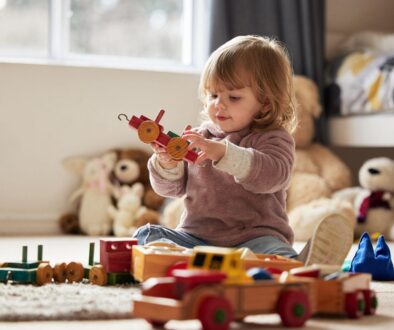The Importance of Family Time

The words ‘Ritual’ and ‘Routine’ are often thought to be similar in meaning. However, the main difference between a routine and a ritual is the attitude behind the activity. Routines are generally actions that just need to be done regularly – such as making dinner or taking a shower, while rituals are viewed as more meaningful activities with a specific purpose. Rituals or family time have a meaning that is specific to your family. Rituals are meant to help you say, “This is uniquely who we are and what we value as a family”. You might not even realize that your family has rituals, but even something like going to the park every Sunday is a ritual. Some rituals may have been passed down from grandparents or other relatives, like special holiday celebrations, or having pizza and game night every Friday. Others you might create together as a family.
Family time like meals, cultural festivals, and activities give you and your children a sense of security, identity and belonging. That’s because they’re special things that you only do together, and they have special meaning for you. They create special memories and strengthen family relationships and bonds.
This time can help children feel that the world is a safe and predictable place. They can be a solid foundation that helps your children feel secure in uncertain or changing times like a family separation, moving to a new house, or after other major events, like a hurricane.
Family time can strengthen family values and in turn, pass these values on to your children. For example, something as simple as Friday night dinner together every week says that you value spending time with each other.
Family time ideas that can create lasting memories and strengthen family relationships:
- Special family mealtime themes – Silly Sunday morning breakfast or taco Tuesday’s.
- Weekend activities – spend time being active outside or cozy up for a movie night.
- Family vacations.
- Celebrations, like birthdays, anniversaries, and family reunions.
- Religious and cultural traditions that recognize family history, such as gatherings and preparing traditional foods together.
Family time does not have to be overly complicated or extravagant. Children desire connection and a sense of belonging more than elaborate activities. Keeping family rituals simple will make it more likely to be repeated over and over which meets a child’s need for predictability and security. Research shows that families with meaningful rituals have children who do better academically and socially, so there is no better time to start a family ritual that can deepen your relationships and create lasting memories.





